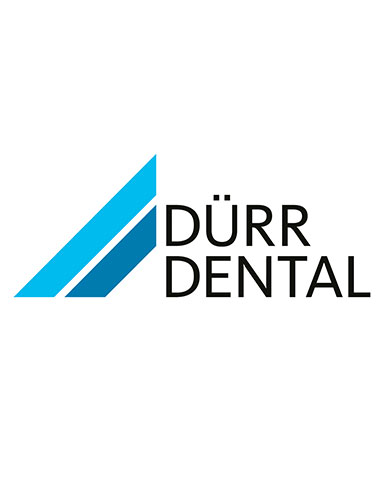Why are ethics important in dentistry?
The practice of a medical profession or a job in the medical sector demands the highest standards of professionalism. The individual requirements and wishes of the patient need to be taken into account. Respect for fellow human beings and their interests takes, with a few exceptions, the highest priority in medicine. Integrity and honesty are indispensable. Alongside the prescribed academic career, a continuous increase in knowledge in the specialist field is essential. In a society that measures performance in figures, it is difficult for a dentist to always act in the way once taught by Hippocrates. The imposition of commercial constraints and a desire for prestige and reputation can push ethical and moral considerations to one side. The German healthcare system provides care and treatment for all citizens, regardless of gender, age, origin, religion, disabilities or sexual orientation. Just like any other professional group, dentists are in a position to profit financially from their knowledge and skill. In turn, patients profit from the knowledge and skill of their dentist. As a result, conflicts of interest are
in the nature of the profession.
What is meant by the individual optimum?
The individual optimum means the bringing together of the values and requirements of the patient and the evidence based recommendations of the physician. Intensive patient consultations are the first duty. In the event of differences of opinion, complications, risks, alternative treatments and costs need to be addressed firmly and with understanding. Information and honest, evidence-based decisions are essential here in order to achieve ethical action. This ethical action must also incorporate the autonomy of the patient and his or her right of self determination. However different the treatment decisions may turn out in the end: the treatment based on this consultation defines the so-called individual optimum of the patient.
And what ist he purpose of ethics in dentistry?
The purpose of ethics in dentistry is not to avoid a conflict of interest between financial and ethical obligations. Instead, the aim is to ensure treatment with ethical and moral principles that appreciate the patient in his or her unique and complex situation, despite the financial interests of the healthcare system. In the process, the dentist needs partners who understand this special obligation and who also apply it to their own principles.
Company
Dentists – caught between commercial and ethical obligations
What does ethics mean?
The term ethics originates from Ancient Greek and refers to the moral principles that govern a person’s behaviour, and it looks at how these principles are implemented within a society. In principle, discussions of ethics address two key questions: ‘What should we do?’ and ‘Why should we do it?’.

